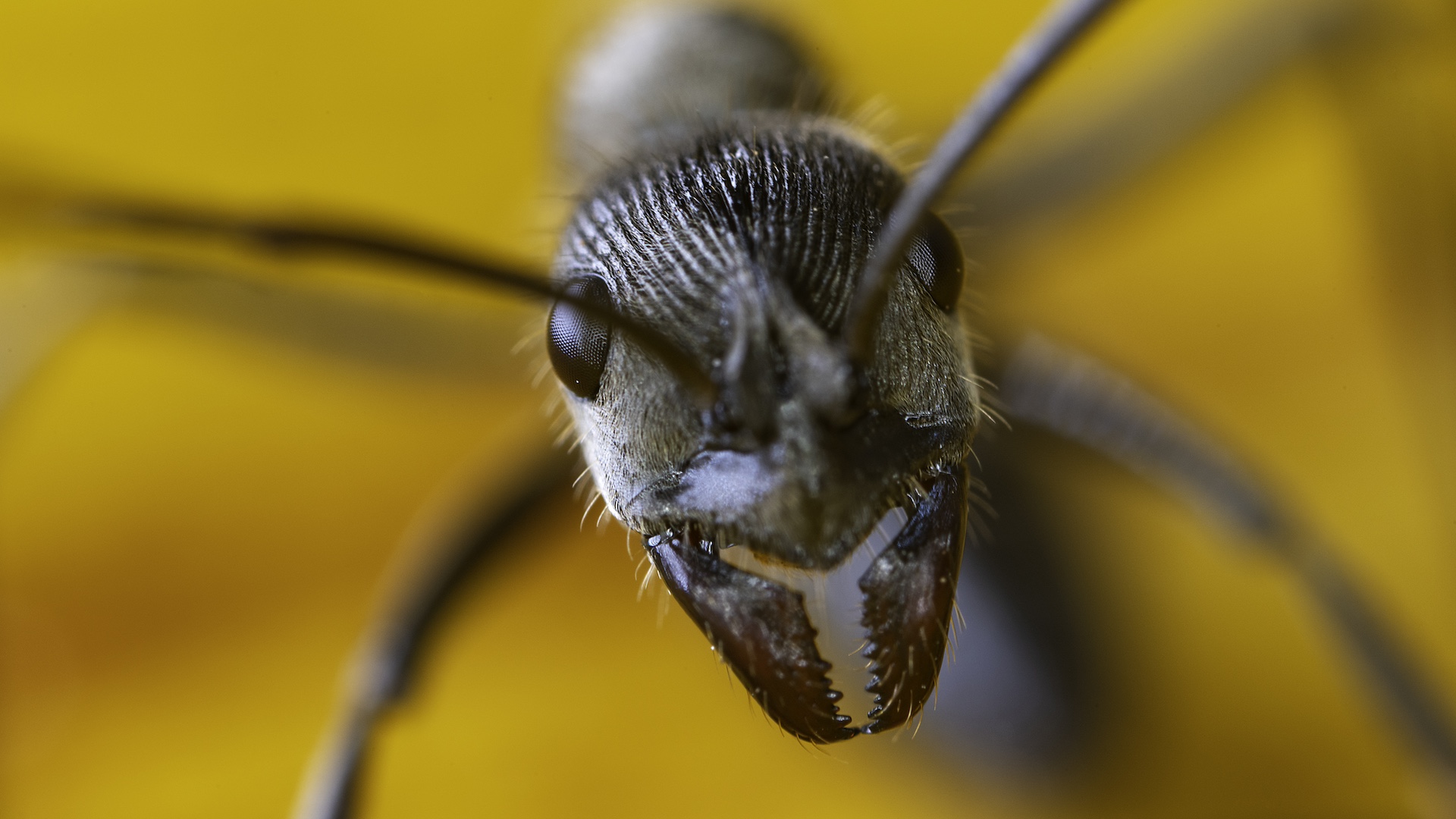
Apologies to anyone with a creepy crawly phobia, but our main image could have been much worse: we could have used a photo of the other 'star' of this story – a tick – and that really would have put you off your breakfast.
But there could be a new battle of the bugs on the horizon, and we’re not talking about a next Guillermo del Toro movie.
With summer coming up, outdoors adventurers’ thoughts turn to… wearing hiking shorts. But there’s a major problem with shorts and the great outdoors – ticks. Those bulbous bloodsuckers that lurk in the long grass and latch onto your bare skin at every opportunity are not just an irritation, they can also infect you with Lyme Disease or a tick-borne encephalitis virus.
The usual way to combat them is to carry on wearing long trousers if you think you’re entering a danger zone.
However, new research from Canada’s Simon Fraser University (SFU) suggests the ant pheromones could be weaponized as a tick repellent to help protect hikers and campers from the harmful bites of black-legged ticks.
“Ticks like a lot of the places and a lot of the times of years that we also like to be outside enjoying the weather,” says SFU’s Claire Gooding, who worked on the research. “There's quite a big risk of tick encounters in the summer, outdoor sports season. People often encounter them on the sides of trails.”

Gooding says they decided to concentrate on ants, “because they are social insects and use a huge range of pheromones to communicate with one another. They’re chemically noisy. And for something that perceives the world chemically, they’re easy to predict where they’ll be, based on these pheromones.”
The study found that ticks avoid surfaces where ants had been, even if those ants were removed.
“They could see that there were ants and basically go, ‘I’m not going to go there, because there may be ants there, or there may be ants there again soon in the future.’”
From there, Gooding’s team identified the specific chemical pheromones involved as well as the two ant glands that produced them. Then they worked with chemists to recreate a synthetic version of those pheromones. They found that ticks avoided the synthetic pheromone too.
The team already has a patent application on the repellant chemicals and they’re hoping to bring them to market for real-world use, either as a topical repellent (like mosquito repellent) that hikers would apply to themselves, or as an environmental repellent, such as wood chips, that would be spread in areas at risk from ticks to keep them away.
Ticked-off ticks, that’s what we like.
- The best hiking backpacks 2024: from the lightest daypacks to sturdy alpine haulers







